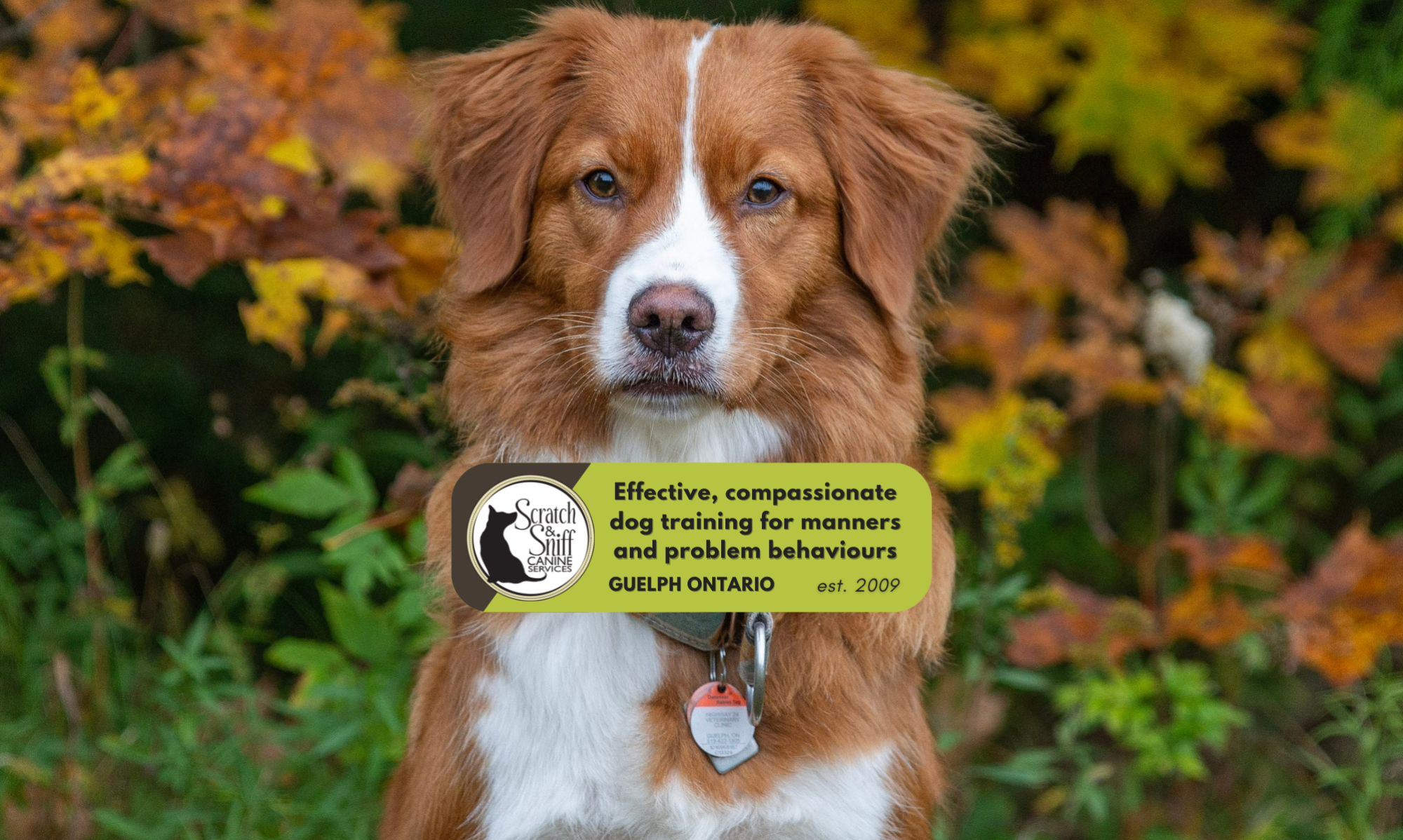Published in this month’s Speaking of Dogs newsletter
Just imagine…
A new friend invites you to tea. You really like this person and would like to get to know her better, so you happily accept. You visit the finest bakery and purchase delicious pastries, a hostess gift, and show up at her house, well-dressed and on time.
She lets you in, accepts the pastries graciously, and heads to the kitchen for plates, telling you to “help yourself.” You turn left and head into the dining room, and laid out before you is a buffet table 10 – no, 20 – feet long. Stomach grumbling, you start helping yourself to the plentiful food.
Minutes later, your new friend gasps as she rushes through the doorway. She shouts, “NO! STOP! What are you doing?! Stop that, you ungrateful jerk!” She grabs a newspaper off the side table, rolls it up, and whacks you across the nose, saying, “BAD! BAD!” She grabs you by the shirt collar and drags you out the front door, slamming it behind you. You are left spinning on the front stoop, sore in body and mind, wondering what on earth just happened.
If you could read the mind of your host, maybe you’d realize that the buffet in the dining room wasn’t for you. It was for the baby shower she was hosting that evening. When she said, “help yourself ” she meant “help yourself to tea in the sitting room,” located to the right of the front door. But how were you to know? No one told you otherwise. There were no signs. The door was open. You did what you thought you were supposed to do.
Dogs are subject to this experience daily. As a different species, they don’t share our courtesies and social niceties. We can’t sit them down and explain things to them.
What is the best buffet in the eyes of a dog? How about the garbage can? When we see used tissues, week-old chicken bones, or dirty underwear, we think “Yuck.” When dogs see these things they think “Maybe I should put that in my mouth. Yes, I definitely should put this in my mouth.”
When your dog gets into the garbage or eats out of the litter box, they are feasting from a buffet. Dogs eat gross things because they taste good; they don’t do it to make a mess or make their owners mad.
When you come home to find a mess your dog has made and shout, smack, isolate, or otherwise “discipline,” you are behaving in the same way as that unpleasant hostess. When your dog looks “guilty,” you are seeing what dog behaviour professionals call “calming signals,” that is, behaviours used in a social situation that indicate stress and an attempt to calm the other party. Your dog isn’t feeling guilty; he is afraid you are going to have a sudden and frightening outburst (because the last time you walked in the door with that look on your face you did!).
What is the alternative? Prevention. Do the non-verbal equivalent of saying to your guest “help yourself to tea in the sitting room to your right.” Put the cat box behind a gate that allows access to the cats but not the dog. Put the garbage in a cupboard. Close the door to a room if you don’t want your dog in there. Crate-train your dog so she can happily stay in her crate while you are out. If housetraining is an issue, tighten up your housetraining protocol and consider a vet visit if the accidents seem out of the ordinary.
There is no need to frighten your dog for doing something dogs simply do. Unlike little people in fur suits, they lick their unmentionable body parts, eat garbage and poop, and do all sorts of other disgusting things. Scavenging has been in their evolutionary history for at least 15,000 years, so getting into the garbage is as natural as running and barking. Take the easy way out: prevent access to things you don’t want your dog touching (or eating) and foster a better, more respectful relationship.
Want to know more? Take a look at these resources:
“Guilt Part 1 – Is Denver the Dog Really Guilty?”
“Guilt Part 2 – She greeted me showing guilty behavior! She gave herself away!”
